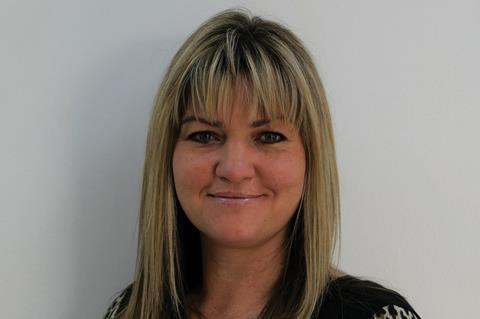Legal counsel, Pinner, Middlesex

At school in Zimbabwe, I do not remember being exposed to the diverse careers that I see today. But I was certain that being a lawyer was for me. I loved the idea of having an intellectually challenging career – one that blended hard work and real job satisfaction. I grew up in Zimbabwe on a farm 60 miles from the nearest big town. I liked the idea of city life and of being suited and booted. I remember, at the age of 16, writing to all the law firms in town and was disappointed that they could not take me on until I was older.
Having left Zimbabwe at 18, I went to Rhodes University in South Africa. I did a bachelor of arts degree with law as a major, followed by a two-year bachelor of law degree. After university, I did a mandatory two years of legal training. I was finally admitted to the High Court after seven years of study. It is a very similar path to the UK. Both require the same commitment as the challenges are significant.
I did my articles of clerkship at Andrew Miller & Associates, a boutique firm in Johannesburg. This firm specialised in professional indemnity defence work for insurers and underwriters. We handled High Court litigation and it was very satisfying. I encountered a wide range of other legal services, such as probate work, insolvency litigation, and general contractual and commercial matters. I spent 12 years there; being made partner was a career highlight. I was 32 and working for a firm that had mentored me from the start.
I relocated to the UK in 2017 and gained an in-house legal role at a maritime security company. This broadened my mind about the role that legal can play in the world of commerce. Earlier this year, I decided it was time to take steps to become qualified in the UK through the Qualified Lawyers Transfer Scheme (QLTS) offered by the Solicitors Regulation Authority. The QLTS is structured in two parts: first, there is a multiple-choice paper that focuses on 11 key outcomes. Known as the MCT, it concentrates on core knowledge and understanding of the laws of England and Wales. I will shortly be taking the written exam and will then move on to the practical work, known as the OSCE. I chose to sign up with Kaplan QLTS as my provider.
This year, the company has worked on projects in over 70 countries. We know that the value of a reward you can give away in Vietnam depends on whether it is a lunar month
PromoVeritas specialises in promotional compliance. We offer services related to the shaping and implementation of prize draws, competitions, instant wins and live phone voting events. We seek to combine our legal knowhow with marketing expertise. Over 40% of our income comes from projects that we operate in countries from Chile to China, Mexico to Russia. I manage the legal team, which is comprised of two lawyers and three legal executives. We provide terms and conditions for prize promotions and on pack offers being run in the UK and overseas for promotions. We also handle winner selection and management, and even oversee live TV voting, such as ITV’s National Television Awards.
We stay in tune with developments locally and globally that affect promotions. This year, the company has worked on projects in over 70 countries, most of those by my legal team. We have a near-global network of in-country lawyers who specialise in marketing law. This is how we know that the value of a reward you can give away in Vietnam depends on whether it is a lunar month, and that all unawarded prizes in Italy must go to charity.
Where we differ most from regular law firms is in calculating how to implement the campaign correctly and what risks could manifest. We call these ‘breakpoints’. My main challenge is navigating safely within a landscape that varies by both country and client, many of whom have widely differing risk profiles.
At PromoVeritas, I have been working as an in-house legal counsel. The rocket-like pace of business is thrilling. The structure of UK courts is very different from South Africa, particularly the magistrates’ court. My advice for anyone looking to do a law conversion course here would be to consider your QLTS provider carefully, and check that the one you choose is right for you. It takes a minimum of 12 months to complete the MCT and then the OSCE. The examinations are only held a few times a year and not missing important windows is important. Without employer assistance this will probably be self-funded, so consider your options.































No comments yet